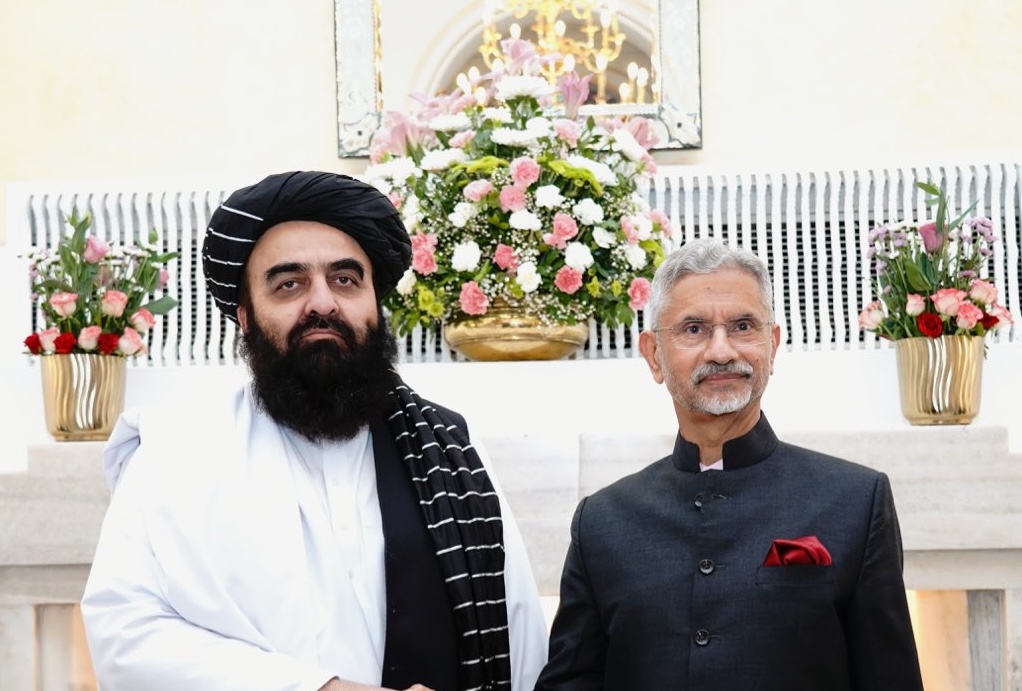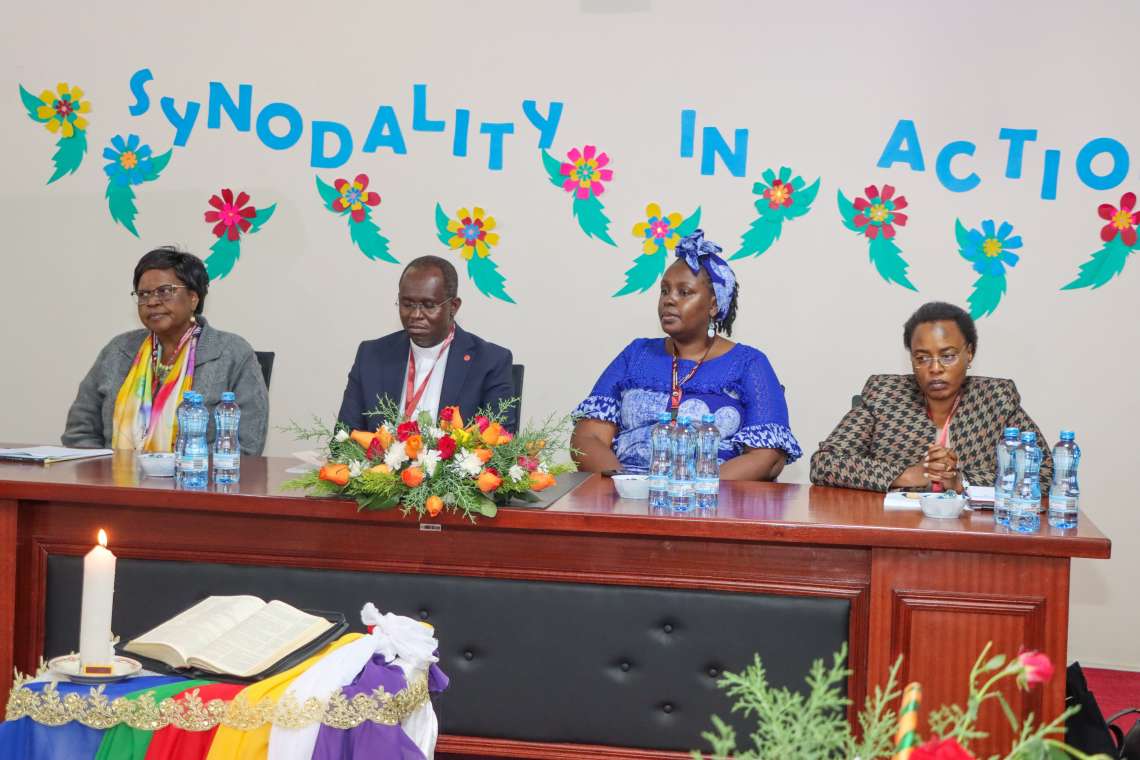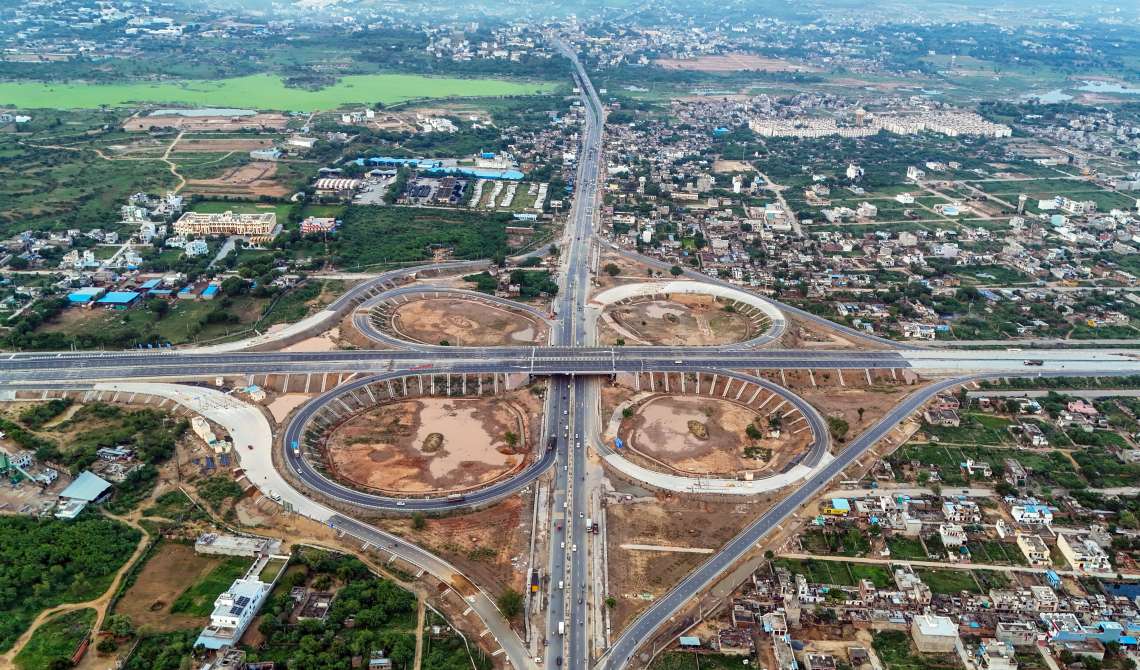The DGHS letter cited past legal pronouncements and advisory orders from courts and councils that had already prohibited physiotherapists and occupational therapists from using the title
The Directorate General of Health Services (DGHS) has issued a strong directive barring physiotherapists in India from using the prefix “Dr.”, declaring that they are not medical doctors and that such usage constitutes a legal violation.
In a letter dated September 9, DGHS official Dr. Sunita Sharma stated that physiotherapists using the title mislead patients and the general public, potentially opening the door to quackery. The advisory, addressed to Indian Medical Association (IMA) National President Dr. Dilip Bhanushali, stressed that physiotherapists are not trained to diagnose medical conditions and therefore cannot present themselves as doctors.
“Physiotherapists are not trained as medical doctors and, therefore, should not use the prefix ‘Dr.’, as it misleads patients and the general public, potentially leading to quackery,” Sharma wrote. “They should not be permitted to primary care practice and should only treat referred patients, as they are not trained to diagnose medical conditions, some of which may worsen with inappropriate physiotherapy intervention.”
The DGHS letter cited past legal pronouncements and advisory orders from courts and councils that had already prohibited physiotherapists and occupational therapists from using the title. Rulings by the Patna and Madras High Courts, along with earlier circulars by medical councils, have consistently reinforced that the “Dr.” prefix is reserved for registered medical practitioners in systems of medicine such as allopathy, Ayurveda, homoeopathy, and Unani.
The DGHS clarified that physiotherapists attempting to use the designation would be in contravention of the Indian Medical Degrees Act, 1916. Violations, the letter noted, attract action under Section 7 of the Indian Medical Association (IMA) Act, relating to contraventions of Section 6 and 6A, as adopted by the Council during its March 2004 meeting.
The DGHS stance comes just months after the National Commission for Allied and Healthcare Professions (NCAHP) under the Union Health Ministry allowed physiotherapists to use the “Dr.” title as a prefix, along with “PT” as a suffix. The decision, announced in April during the launch of the 2025 Physiotherapy Curriculum, had been celebrated within the physiotherapy community as a long-awaited recognition of their academic qualifications and role in patient care.
However, the DGHS letter directly contradicts that allowance, ordering the removal of the “Dr.” title from the competency-based physiotherapy curriculum approved for 2025. “It is hereby directed that the usage of the prefix ‘Dr.’ for physiotherapists in the Competency Based Curriculum for Physiotherapy Approved Syllabus 2025 be removed forthwith,” Sharma wrote.
While firmly prohibiting the use of “Dr.”, the DGHS also acknowledged the need for recognition of physiotherapy graduates. The letter urged the consideration of “a more appropriate and respectful title” for both graduates and postgraduates in physiotherapy that would honor their profession without misleading patients.
The directive also recalled earlier recommendations from the Ethics Committee of the Paramedical and Physiotherapy Central Council Bill (2007), which had unanimously decided that the “Doctor” title must remain restricted to recognized medical practitioners across modern medicine and select traditional systems. Nursing staff and paramedical professionals, including physiotherapists, were specifically excluded from the privilege.
The latest order has reignited debate within the healthcare sector, with physiotherapists long advocating for the recognition of their advanced academic training—often involving bachelor’s, master’s, or doctoral degrees. They argue that their role in rehabilitation, musculoskeletal health, and recovery is critical to patient care.
However, medical associations maintain that allowing physiotherapists to use the “Dr.” title blurs the lines of responsibility, confuses patients, and could potentially lead to dangerous misdiagnoses. The DGHS directive now places physiotherapists at a professional crossroads, challenging them to assert their expertise under a new, distinct identity while ensuring clarity for patients about who qualifies as a medical doctor.














